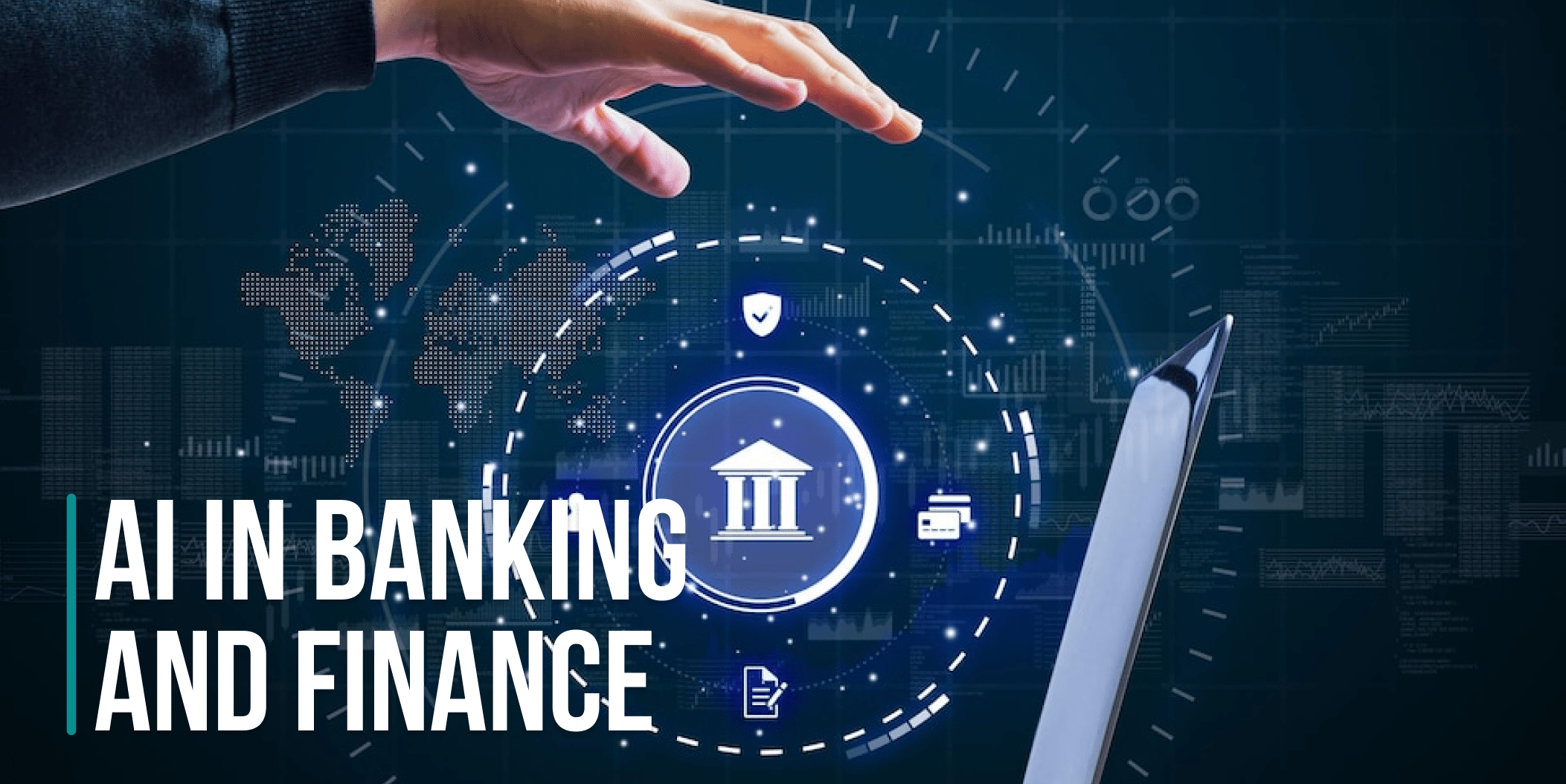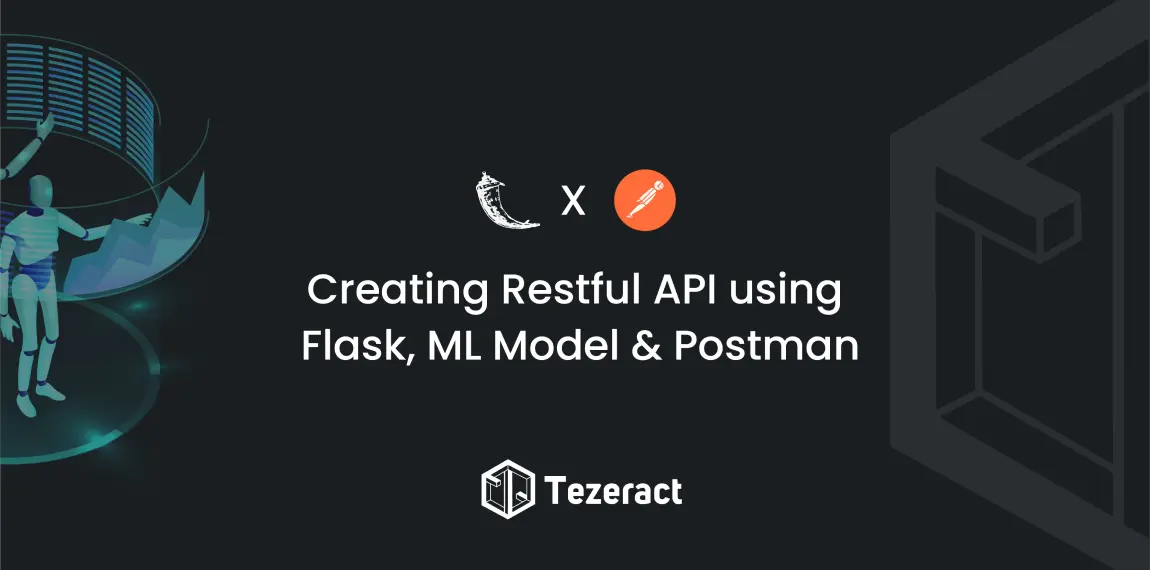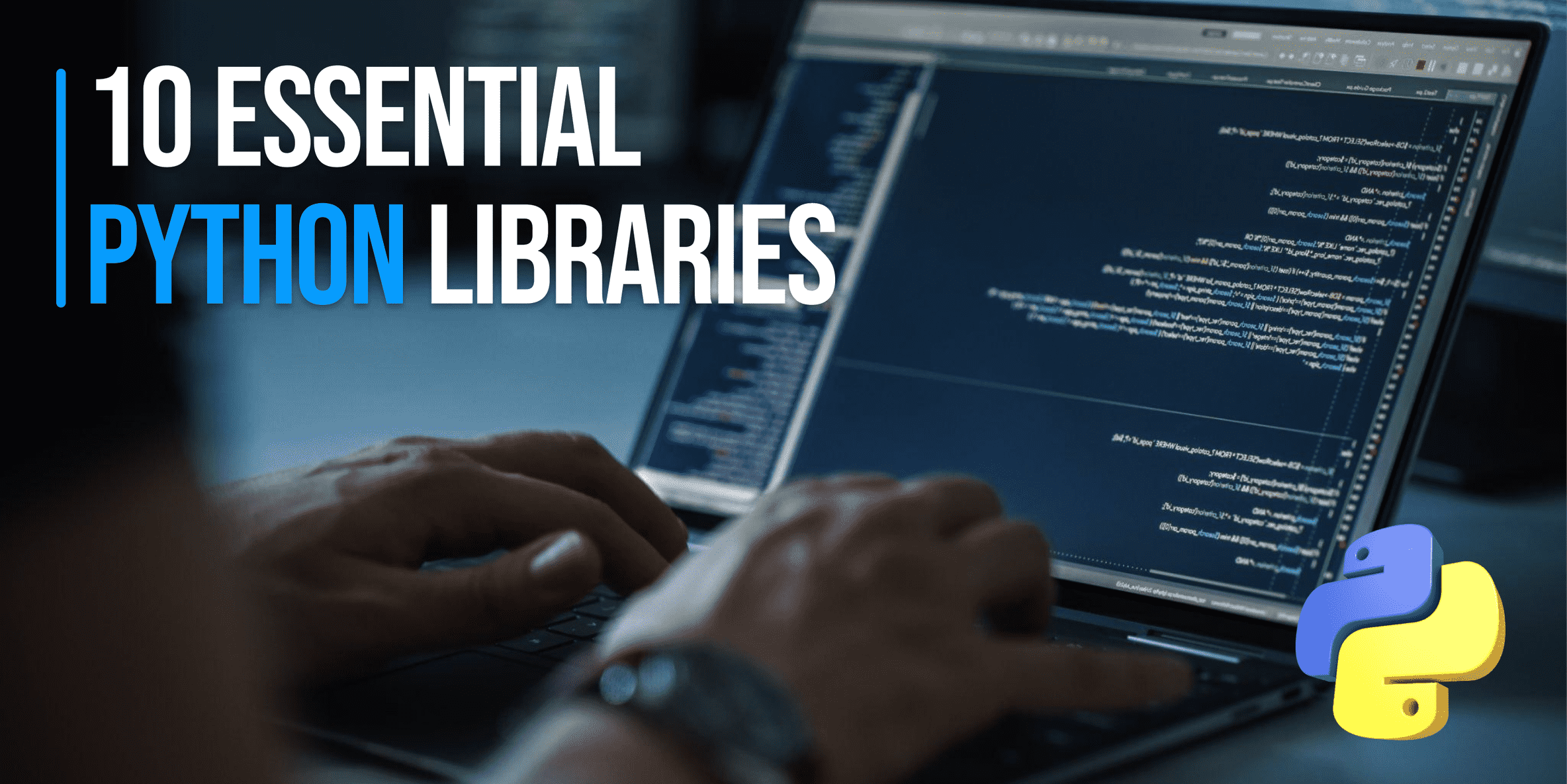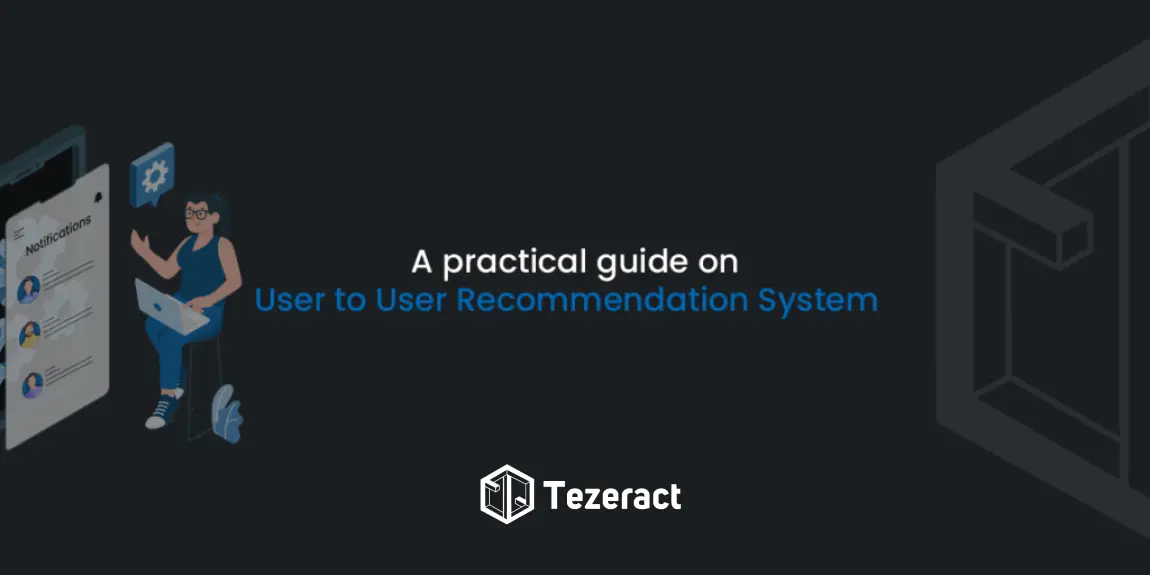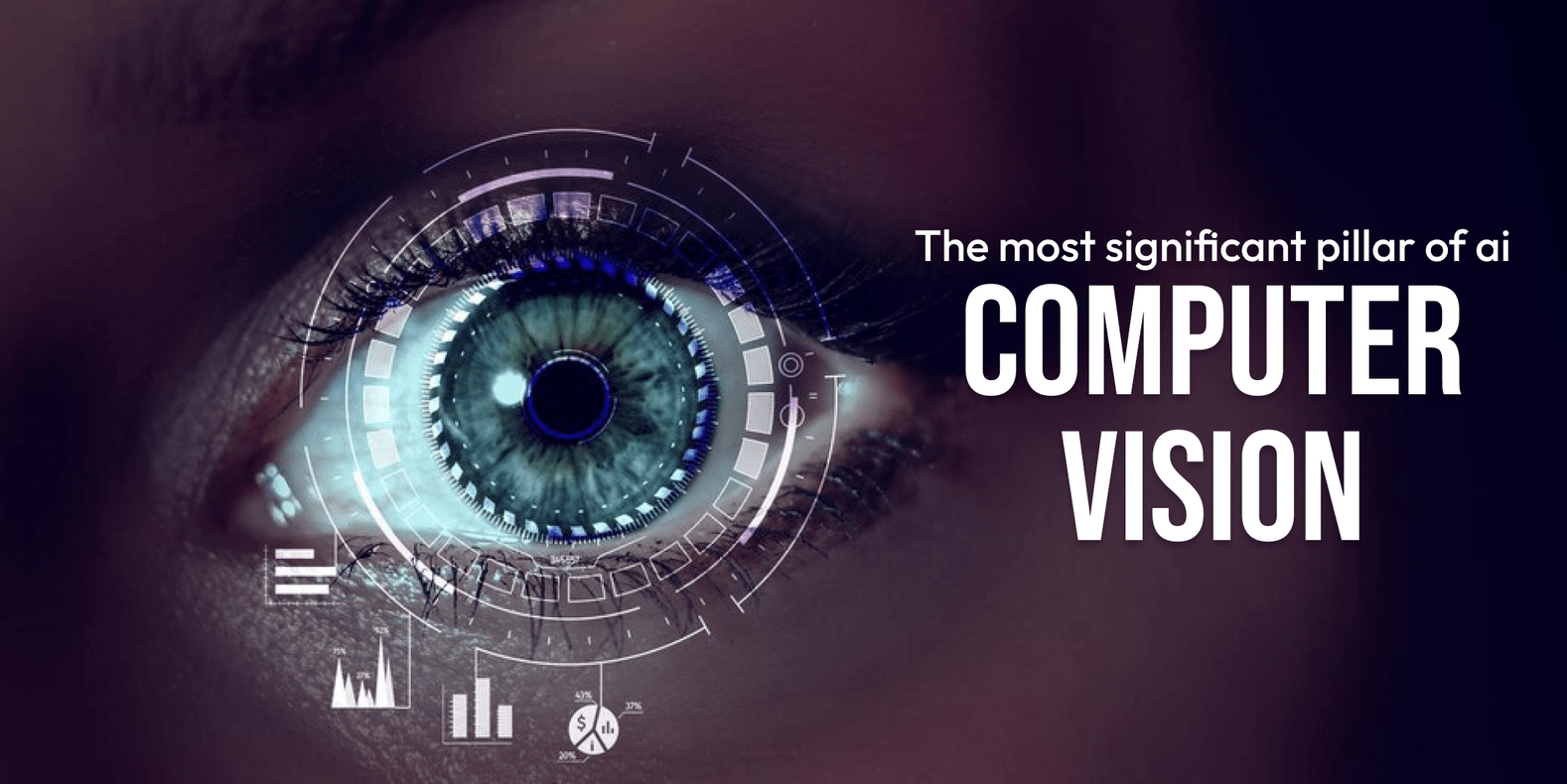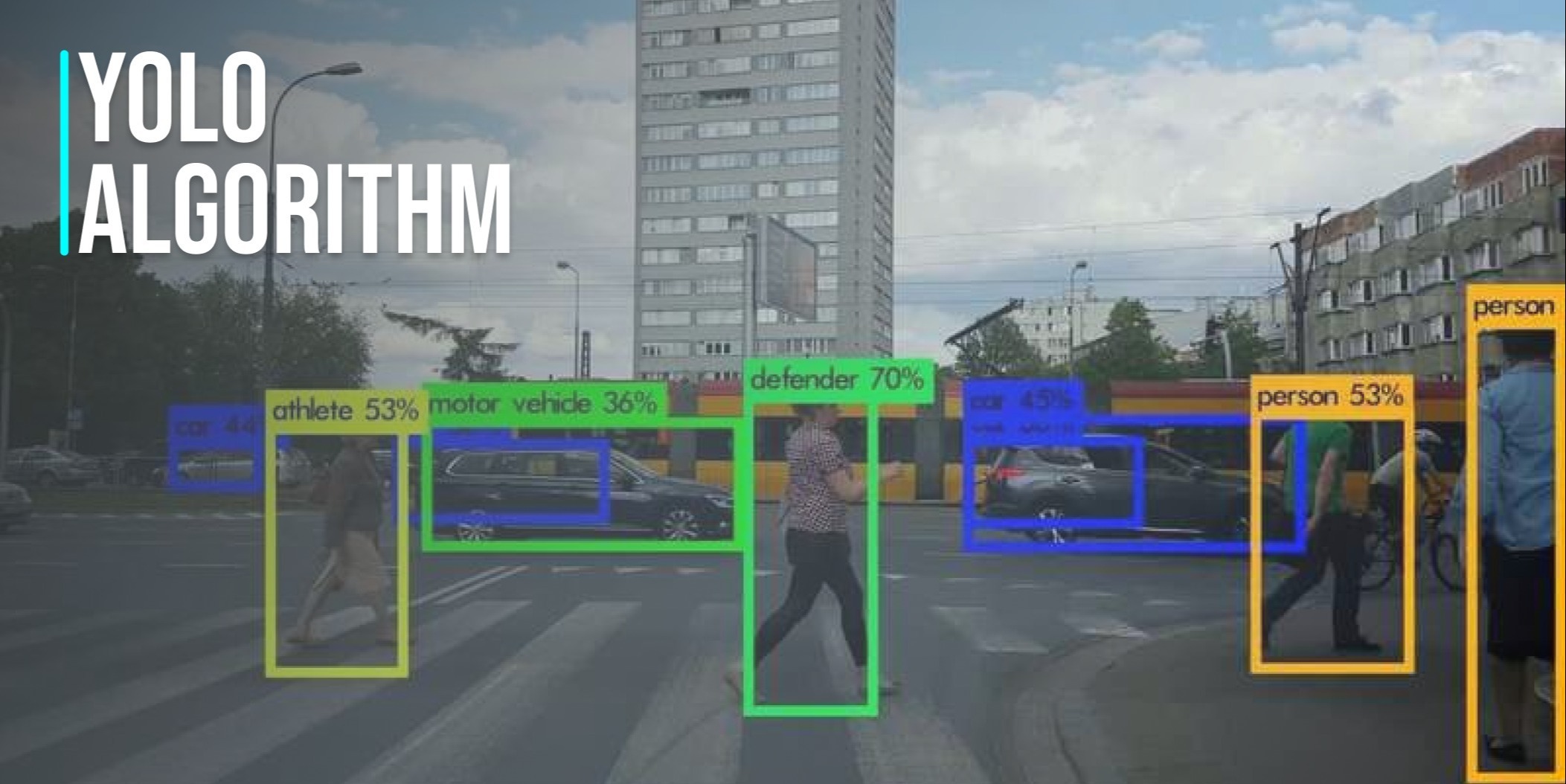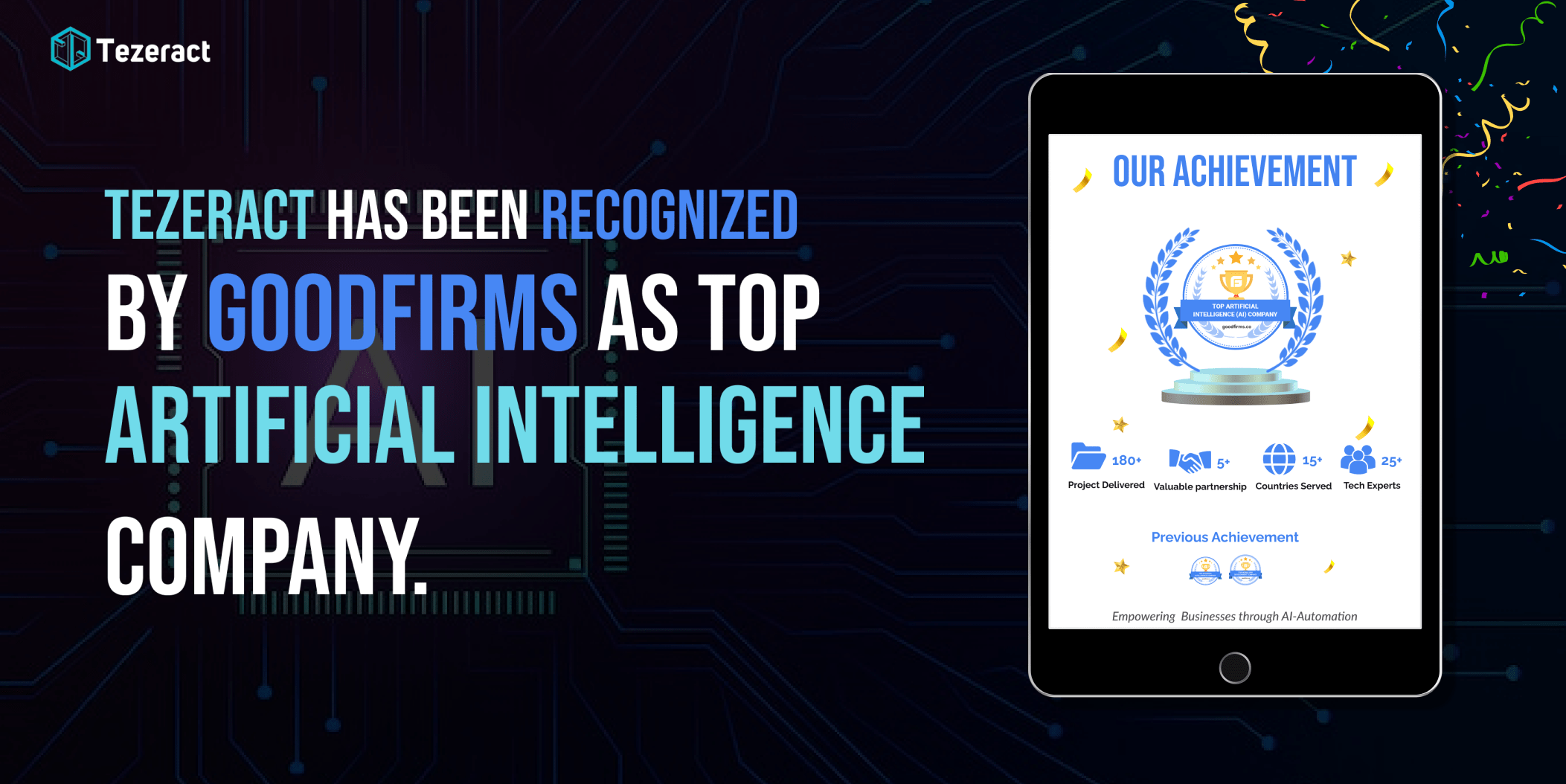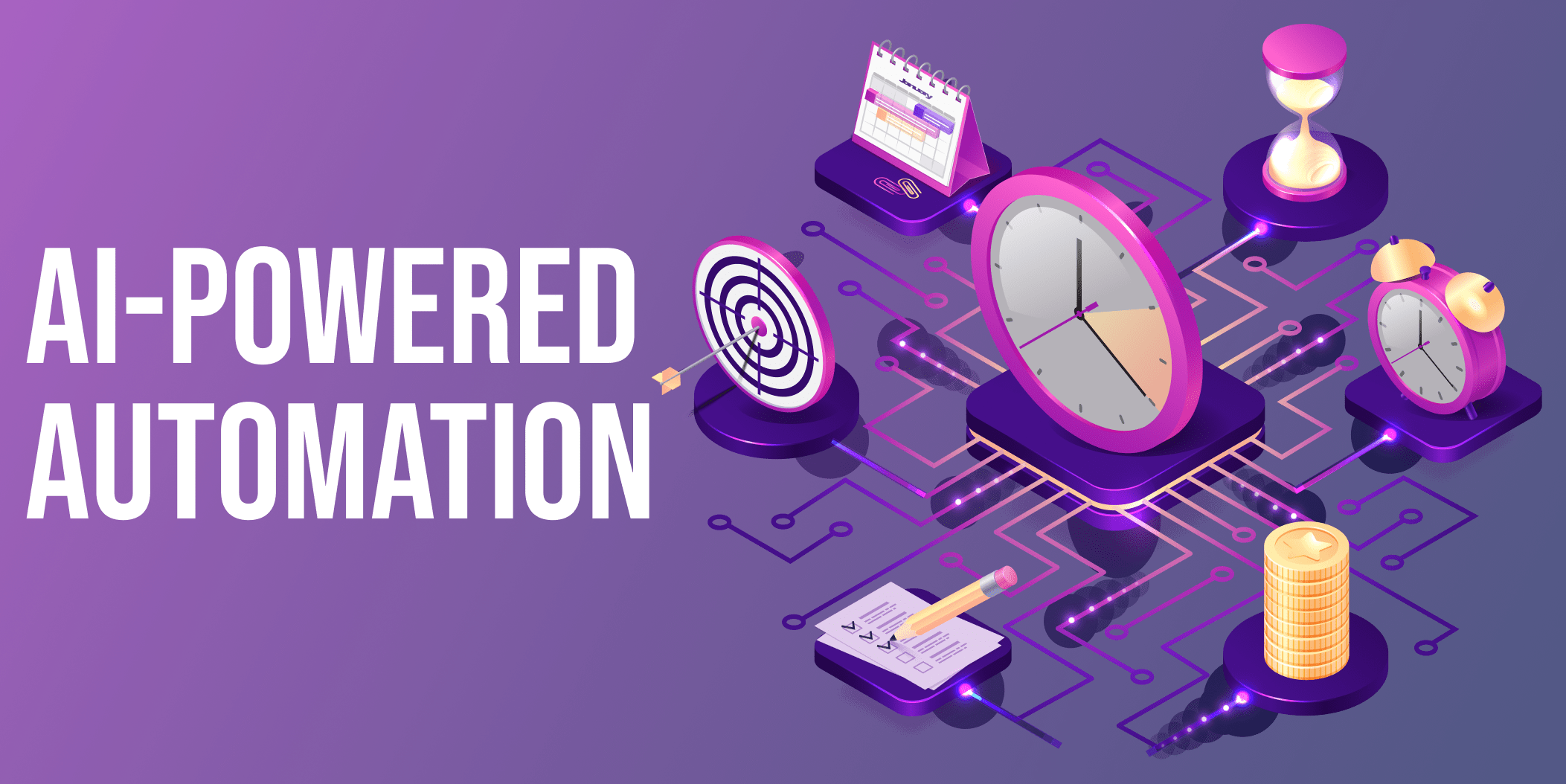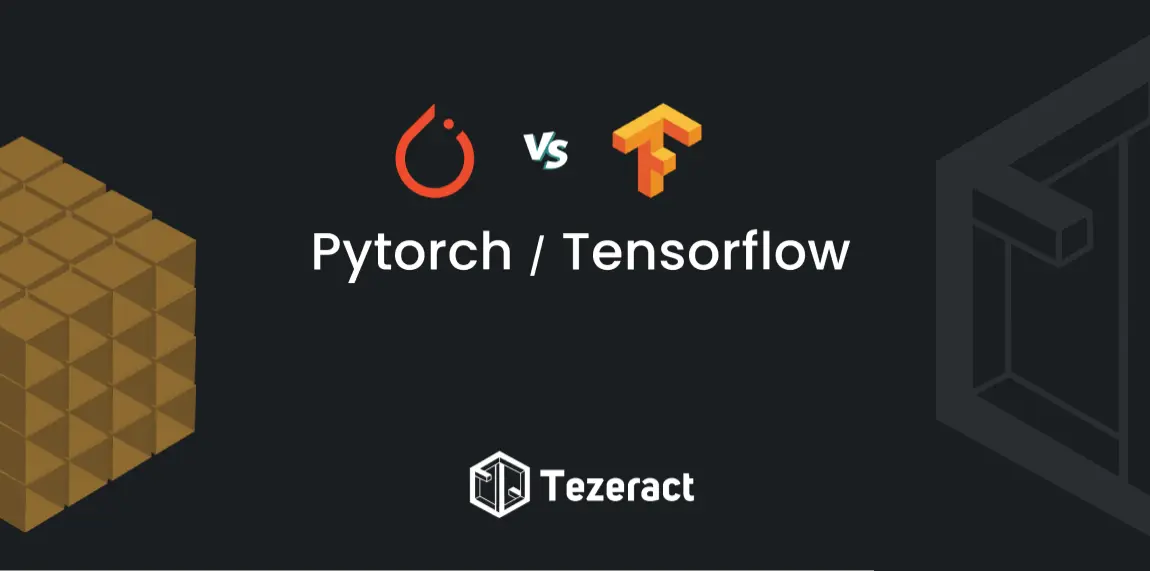Introduction
In the fast-paced world of banking and finance, staying ahead of the competition and meeting customer demands is a constant challenge. To address these issues, the industry has increasingly embraced AI as a transformative force.
In banking and finance, artificial intelligence (AI) refers to the use of smart machines and computer algorithms to perform tasks that would normally require human intelligence including data analysis, decision-making, pattern recognition, fraud detection, and process automation.
This blog post explores the potential of AI in banking and finance, applications, benefits, real-world examples, and the promising future of AI in banking and finance, along with how businesses can embrace this technology.
So let’s start!
AI in Banking and Finance
AI in banking and finance enabled institutions to enhance fraud detection, swiftly identifying and preventing fraudulent activities while also identifying unusual patterns.
Simultaneously, AI-driven customer service, through chatbots and virtual assistants, has not only improved customer experiences but also reduced operational costs. Moreover, AI has facilitated better risk management by analyzing various data sources to identify potential risks, allowing banks to take proactive measures.
The market for AI in the banking Sector, which was valued at $3.88 billion in 2020, is expected to reach $64.03 billion by 2030, with a predicted CAGR of 32.6% from 2021 to 2030
With the ongoing evolution of AI and banking, we can look forward to seeing more advanced uses in managing investments, approving loans, and ensuring compliance in the financial sector.
Applications of AI in Banking and Finance
In banking and finance, AI systems are designed to analyze vast amounts of data, draw insights, and make decisions in real time, enabling institutions to streamline operations, reduce costs, and offer innovative services.
Let’s discuss some of the applications of AI in banking and Finance.
Improving customer service
In banking and finance, customer service is key. If you want people to be happy with your company and keep coming back, you need to make sure they’re taken care of. That’s where AI-driven chatbots come in. These chatbots can provide 24/7 support, answering questions and giving tailored advice. They can even process transactions!
This tech is revolutionizing the customer experience, making it easier than ever for people to get the help they need when they need it.
Chatbots and Virtual Assistants
AI-driven chatbots provide 24/7 customer support, assisting with account inquiries, transaction history, and even investment advice. Customers can interact with these chatbots via messaging platforms or voice assistants, such as Amazon Alexa or Google Assistant, enhancing the overall customer experience.
Personalized Recommendations
AI algorithms have the capability to examine customer data, including their transaction history and spending habits, in order to offer tailor-made suggestions to customers, thereby improving their overall experience and bolstering customer loyalty.
Providing solutions
AI can assess customer interactions to offer valuable insights for enhancing the customer experience. For instance, if a chatbot consistently receives a substantial number of queries on a specific issue, a bank or financial institution can take proactive steps to address it. Likewise, if the chatbot identifies customer challenges with a particular feature or service, the institution can offer extra support or training to enhance the customer experience.
Improving Cybersecurity and fraud detection
Fraud has always been a headache for banks and financial folks, costing them big bucks each year from scams like identity theft, credit card fraud, and money laundering. But now, AI’s stepping up as a game-changer in the fight.
These smart algorithms can quickly sift through loads of data in real time, helping banks spot and stop sketchy stuff and saving them a ton of cash. It’s like a whole new level of defense against fraudsters.
Real-time transaction monitoring
AI algorithms can detect unusual transactions or patterns in customer behavior; for example, multiple transactions from different locations within a short period could indicate someone is trying to use a stolen credit card; similarly, if someone enters the wrong PIN several times for a credit card, AI flags potential fraud in real-time, This not only protects customers but also saves institutions billions of dollars annually.
AI and Machine learning
AI and machine learning have the potential to enhance real-time approval accuracy and elevate overall regulatory compliance. As a result, financial institutions can not only achieve significant cost savings but also boost the precision and efficiency of their operations.
Assistance in Trading and Investment
In the banking and financial services sector, investment management is a big deal. AI has changed the game in finance by analyzing real-time data and providing valuable insights into market trends. This helps investors make informed decisions, spot opportunities, and manage risks effectively. As a result, investment strategies have improved significantly.
Algorithmic Trading
AI algorithms are pretty good at spotting investment opportunities. They can look at market data, identify undervalued stocks, and spot emerging trends. They can also analyze data from different industries to find companies with a lot of potential for growth. Plus, AI can provide valuable insights into investment strategies, like diversification and risk management. All of this makes AI a valuable tool for investors.
Portfolio Management
AI is a total lifesaver when it comes to managing investment portfolios. It can help you track your performance, identify risks, and make better investment decisions. AI can also help you rebalance your portfolio and adjust your asset allocation to reach your financial goals.
Managing risks and enhancing decision making
AI is taking over the banking and finance world. It’s used for everything from keeping track of risk to deciding who gets a loan. AI algorithms can look at a ton of data from all over the place and figure out what’s going on. This helps banks make better decisions and avoid problems.
Monitoring market trends
AI has the ability to scrutinize market trends and spot shifts that could signal heightened loan or credit card default risks. For instance, in the event of a sudden stock market decline, AI algorithms swiftly process the data, offering insights into its potential impact on a bank’s portfolios. Armed with this information, banks and financial institutions can promptly take necessary measures to mitigate possible risks.
Credit Scoring
AI algorithms are capable of assessing a customer’s creditworthiness by examining their credit history, encompassing factors like payment track record, credit usage, and outstanding debts. Using AI for credit history analysis, banks and financial institutions can enhance their ability to predict the likelihood of a customer missing loan or credit card payments more accurately.
Regulatory Compliance
The banking industry is heavily regulated globally, with governments overseeing to prevent financial misconduct and ensure banks maintain reasonable risk levels to prevent large-scale defaults.
AML and KYC Automation
Artificial Intelligence plays a pivotal role in supporting banks with their compliance efforts related to Anti-Money Laundering (AML) and Know Your Customer (KYC) regulations.
By automating identity verification processes and transaction monitoring, AI ensures a higher level of scrutiny and accuracy in compliance, reducing the risk of financial crimes.
Efficient Reporting and Audit Trails
AI systems contribute to more efficient regulatory compliance reporting and maintenance of comprehensive audit trails. They streamline the process of generating regulatory reports, making it faster and more accurate, which is essential for demonstrating compliance to regulatory authorities and internal stakeholders.
Automated loan approvals
AI algorithms are capable of streamlining the loan approval process by automatically evaluating predefined criteria such as credit score, income, and loan amount. This accelerates the loan application process for banks and financial institutions, leading to both time and cost savings compared to manual approval methods.
Benefits of AI in banking and finance
Artificial Intelligence (AI) is changing banking and finance, offering big advantages to banks and financial companies. This includes improved operations, better customer experiences, and increased profits. Here are some key benefits of AI in this sector:
Enhanced Customer Experience
AI-powered customer service, delivered through chatbots and virtual assistants, guarantees swift and personalized responses, ultimately leading to heightened satisfaction and retention rates, enhancing the overall customer experience and loyalty.
Improved Security
AI systems, through real-time transaction monitoring and fraud detection algorithms, play a pivotal role in safeguarding both customers and institutions within the banking and financial services industry, enhancing overall security, reducing the risk of fraud, and protecting valuable assets.
Cost Reduction and Efficiency
AI automates time-consuming and routine tasks like compliance monitoring, loan underwriting, and fraud detection, reducing time and expenses, thereby increasing efficiency. This allows resources to be reallocated to higher-value tasks, ultimately leading to substantial reductions in operational costs.
Better Decision Making
AI algorithms excel at swiftly analyzing extensive data, benefiting investment decisions, credit risk assessments, and lending processes. By leveraging AI for informed choices, banks and financial institutions can minimize default risks, pinpoint fresh opportunities, and enhance profitability. This real-time data analysis and predictive insight-driven approach leads to more profitable outcomes in investment and lending decisions.
Real-World Examples of AI in Banking and Finance
JPMorgan Chase: The bank employs the COIN (Contract Intelligence) program, an AI-powered system that reviews and interprets commercial loan agreements, saving 360,000 hours of manual work annually.
ZestFinance: Using AI to develop more accurate credit scores, ZestFinance has enabled lenders to reduce default rates and expand access to credit.
Ant Financial: This Chinese fintech giant utilizes AI for risk assessment, fraud detection, and customer service, serving over a billion customers globally.
Wells Fargo: Wells Fargo uses AI to improve its risk management operations. The bank has developed an AI-powered system called The Trifecta, which uses machine learning algorithms to analyze customer data and identify potential risks. This has improved the bank’s risk management capabilities and reduced the risk of default on loans and credit cards.
Future of AI in Banking and Finance
The future of AI in banking and finance is very promising as AI is going to change banking and finance in a big way. It will make customer experiences more personal by using AI-powered assistants to handle tasks like questions and recommendations. AI will also improve risk management by quickly detecting fraud and potential default risks.
In addition, AI is going to make things way more efficient by automating processes, speeding up applications, and optimizing workflows. For example, in loan underwriting, it will speed up credit checks and approvals. AI also opens up doors for cross-selling and upselling, offering tailored services. The potential applications of AI in banking and finance are vast, and there’s still so much more to explore.
How you can adopt AI?
While new and exciting technologies may be tempting. But before you dive in, it’s important to have a plan. Otherwise, you could waste time and money on something that doesn’t pan out. So take some time to map out your goals and how you’re going to achieve them. It’ll be worth it in the end.
Create a strategy
Before making any decision, whether you are a small bank or a large corporation, you must have a strategy. Begin by defining your goals and specific ways in which AI can assist you, such as automating repetitive tasks, providing virtual assistance, or adding KYC. Once your goals are clear, you can select an AI tool.
Look for already existing solutions
AI is pretty handy for a lot of things, like fraud detection, task automation, credit scoring, and improving the customer experience. Look for AI tools or services that will align with your strategy.
You can even create custom AI tools to meet your business needs. So if you’re looking for a way to make your business more efficient and effective, AI is definitely worth considering.
Consult a specific vendor
Even if you’re a total AI whiz, it’s still a good idea to get some expert help. A team of AI experts can help you plan your AI strategy and bring your first big AI project to life. They can help you avoid common pitfalls and ensure the success of your project.
You should consult with a specialized AI vendor to help you define your goals for designing AI-powered tools for your niche.
How Tezeract has Created an Impact on Banking Industry
At Tezeract we have built Voltox – An automated KYC and Biometric verification tool. It serves many purposes like KYC or identity verification through AI-powered liveness detection solutions and passwordless authentication via real-time facial recognition solving many challenges faced in online registration and manual login processes by automating them using AI-powered techniques through ID card scanning and liveness detection.
We’re experts in building AI-powered solutions and products providing AI services from all around the world to help businesses improve their workflows, automate their business and save their TIME, MONEY, and EFFORT.
Our solutions are tailored to the specific needs of each business, and we work with our clients to ensure that they are getting the most out of our technology. We are committed to providing our clients with the best possible service and support, and we are always looking for new ways to improve our products and services.
If you are looking for a way to improve your business, we encourage you to contact us today. We would be happy to discuss your needs and how we can help you achieve your goals.
Conclusion
AI has totally changed the game in the banking and finance industry, offering a ton of applications and benefits. From improved customer experiences to enhanced security and more efficient operations, AI has reshaped the financial landscape.
As we look to the future, AI will continue to evolve and transform the industry, offering even more personalized, secure, and efficient services. To stay competitive, businesses need to embrace AI and get on board with the technologically enriched future of banking and finance.

